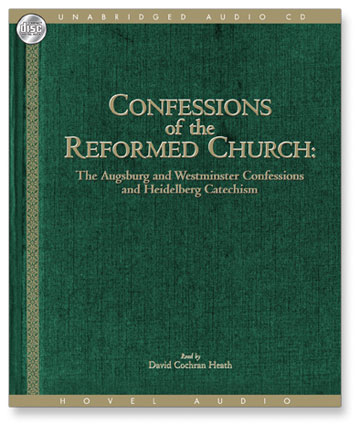The significance of Jesus’ resurrection, for Saul of Tarsus as he lay blinded and perhaps bruised on the road to Damascus, was this. The one true God had done for Jesus of Nazareth, in the middle of time, what Saul had thought he was going to do for Israel at the end of time. Saul had imagined that YHWH would vindicate Israel after her suffering at the hand of the pagans. Instead, he had vindicated Jesus after his suffering at the hand of the pagans. Saul had imagined that the great reversal, the great apocalyptic event, would take place all at once, inaugurating the kingdom of God with a flourish of trumpets, setting all wrongs to right, defeating evil once and for all, and ushering in the age to come. Instead, the great reversal, the great resurrection, had happened to one man, all by himself. What could this possibly mean?
Quite simply, it meant this: Jesus of Nazareth, whose followers had regarded him as the Messiah, the one who would bear the destiny of Israel, had seemed to Saul rather to be an anti-Messiah, someone who had failed to defeat the pagans, and had succeeded only in generating a group of people who were sitting loose to the Torah and critical of the Temple, two of the great symbols of Jewish Identity. But the resurrection demonstrated that Jesus’ followers were right. In his greatest letter, Paul put it like this: Jesus the Messiah was descended from the seed of David according to the flesh, and marked out as the Son of God (i.e. Messiah) by the Spirit of holiness through the resurrection of the dead (Romans 1:4). The resurrection demarcated Jesus as the true Messiah, the true bearer of Israel’s God-sent destiny.
But if Jesus really was the Messiah, and if his death and resurrection really were the decisive heaven-sent defeat of sin and vindication of the people of YHWH, then this means that the Age to Come had already begun, had already been inaugurated, even though the Present Age, the time of sin, rebellion and wickedness, was still proceeding apace. Saul therefore realized that his whole perspective on the way in which YHWH was going to act to unveil his plan of salvation had to be drastically rethought. He, Saul, had been ignorant of the righteousness of God, ignorant of what YHWH had been planning all along in apocalyptic fulfillment of the covenant. The death and resurrection of Jesus were themselves the great eschatological event, revealing God’s covenant faithfulness, his way of putting the world to rights: the word for ‘reveal’ is apokalypso, from which of course we get “apocalypse”. Saul was already living in the time of the end, even though the previous dimension of time was still carrying on all around him. The Present Age and the Age to Come overlapped, and he was caught in the middle, or rather, liberated in the middle, liberated to serve the same God in a new way, with a new knowledge to which he had before been blind. If the Age to Come had arrived, if the resurrection had already begun to take place, then this was the time when the Gentiles were to come in.
Saul’s vision on the road to Damascus thus equipped him with an entirely new perspective, though one which kept its roots firm and deep within his previous covenantal theology. Israel’s destiny had been summed up and achieved in Jesus the Messiah. The Age to Come had been inaugurated. Saul himself was summoned to be its agent. He was to declare to the pagan world that YHWH, the God of Israel, was the one true God of the whole world, and that in Jesus of Nazareth he had overcome evil and was creating a new world in which justice and peace would reign supreme.
Saul of Tarsus, in other words, had found a new vocation. It would demand all the energy, all the zeal, that he had devoted to his former way of life. He was now to be a herald of the king.
– N. T. Wright, What Saint Paul Really Said, pgs. 36-37: Eerdmans Publishing 1997


